News
Africa: on the way to CSR
Nowadays the concept of CSR is becoming increasingly widespread and is endorsed by a growing number of economic actors. Yet awareness levels in sub-Saharan Africa remain low, and few businesses implem...
Published on
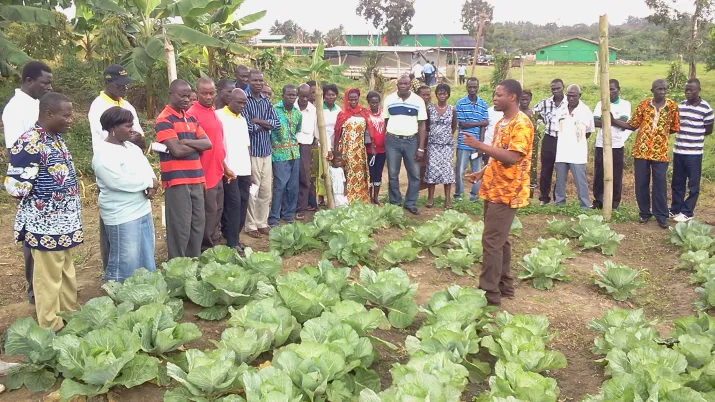
The role of development finance institutions in promoting CSR
Development finance institutions such as Proparco help the companies they finance to improve their environmental and social (E&S) practices. Their role is not limited to E&S risk management: they also...
Published on
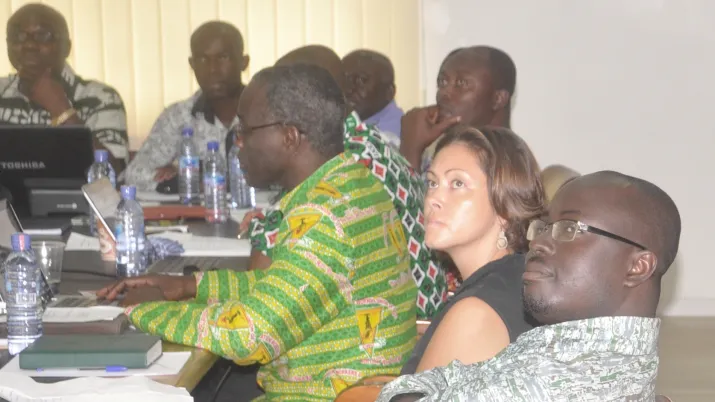
Building long term agricultural partnerships in Africa: four lessons from the Olam experience
Focus Emerging Africa offers increasing opportunities, both as a growing consumer market and a vibrant production centre. Of course there are challenges and risks, but these are surmountable with the...
Published on
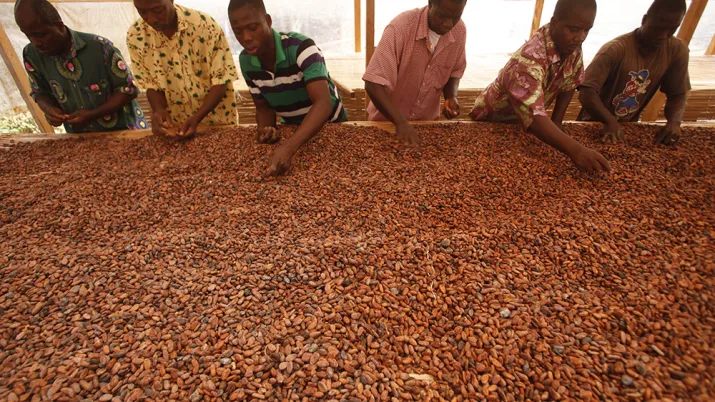
The role of private equity funding in the development of Africa's agriculture
Ensuring that Africa can feed itself by 2050 and contribute to the increasing global demand for food will require well-targeted coordination and collaboration between governments, donors, entrepreneur...
Published on
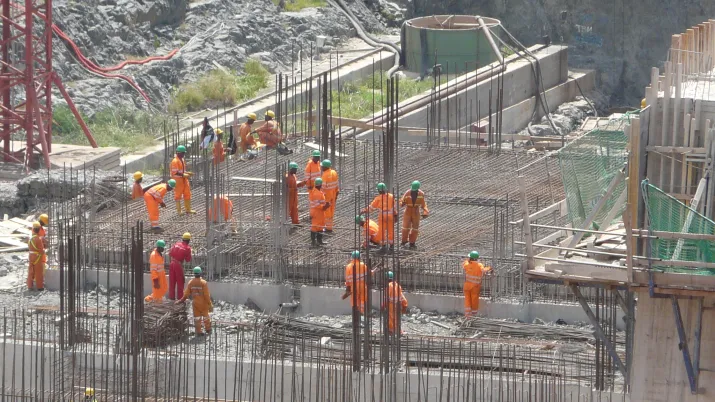
Democratising access to higher education: a story from Brazil
Anhanguera is part of a new generation of private companies that have flourished during the last decade in Brazil catering to the demand from a growing middle class for higher education. Thanks to con...
Published on
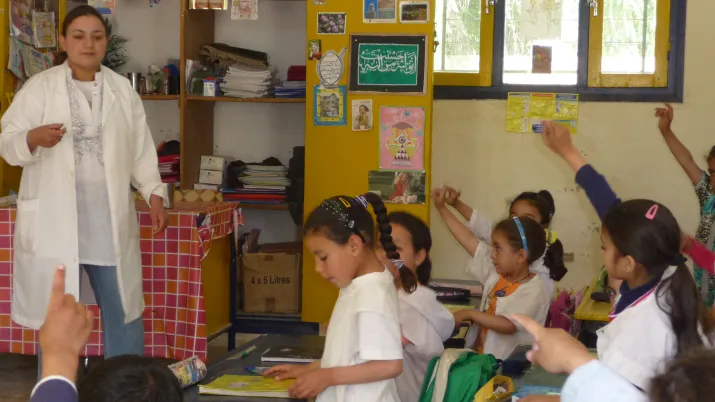
Education for all: the private sector can contribute
Education is a human right, which states have the responsibility to ensure. But they need not be the sole provider. Private involvement can increase financial resources committed to education and supp...
Published on
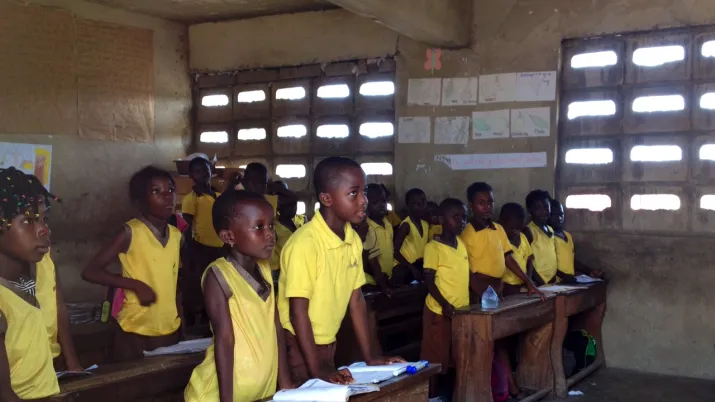
How can development finance institutions help to build an effective African banking sector?
Limited, fragmented, inefficient and characterised by strong regional disparities, Sub-Saharan Africa's banking sectors lack the capability to meet the private sector's financing needs. Development fi...
Published on

Development in Africa through mobile money democratization
Mobile money, an African success story, offers numerous benefits, particularly to those who do not have access to banks. Its first phase has facilitated access to and transfers of cash, but there is m...
Published on
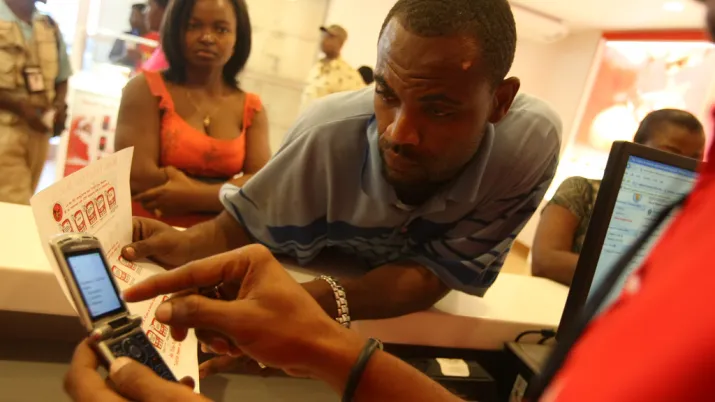
Harnessing non-state education providers through innovative financing
If properly harnessed, the non-state education sector has the potential to improve access to quality education services for the poor. Significant gaps remain among governments and donors in developing...
Published on
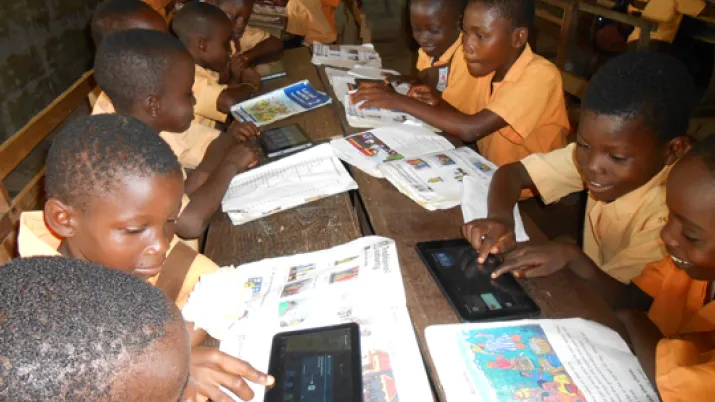
Outlook and key factors for the development of pan-African banking groups
In Africa, public-sector banks have more or less disappeared and international institutions have partially withdrawn from the continent – facilitating the emergence of pan-African banking groups whose...
Published on

An innovative model for basic education in Peru
Delivering quality in basic education remains a challenge for Peru. Innova Schools is tackling this through a fast growing programme that will, by 2020, cater for up to 70,000 students. This requires...
Published on
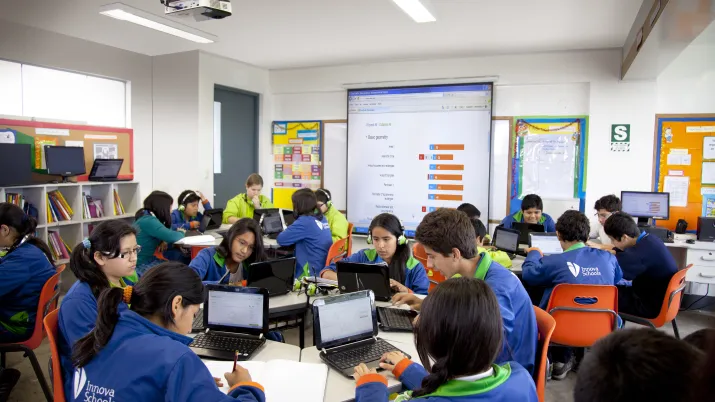
Rural electrification in Africa: An economic development opportunity?
Electricity is expensive and difficult to access in Sub-Saharan Africa. Improving infrastructures would accelerate the electrification of rural areas but requires a high level of funding. Decentralise...
Published on
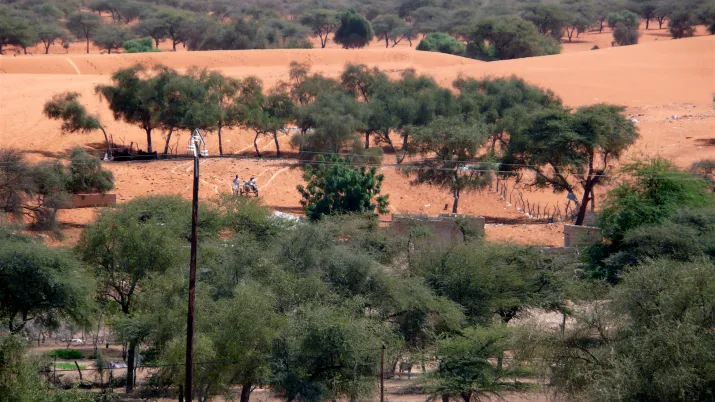
Decentralised Services Companies: innovative partnerships for rural electrification in Africa
Sub-Saharan Africa has the lowest electrification rates of all developing regions, and its rural areas are the most poorly provisioned of all. To meet this specific challenge, EDF and its partners hav...
Published on
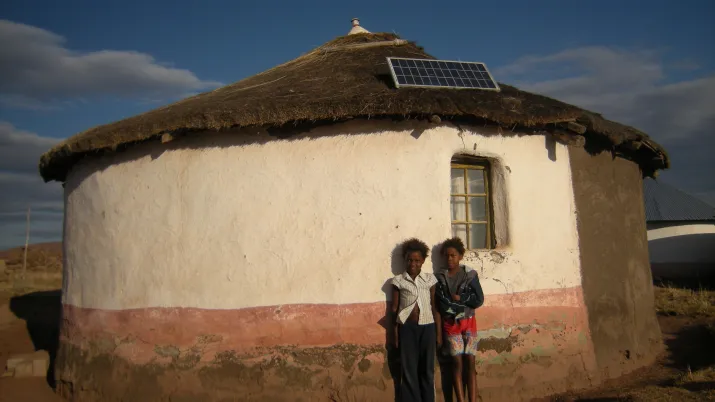
The Philippines: a public-private partnership for educational development
In 2016, the Philippines will bring its educational system in line with other Southeast Asian countries, adding two years of senior high school. Building on the experience of a public-private partners...
Published on

Adding value at source in West Africa – a win-win-win scenario
Anthony Pile sets out to show that business opportunities abound in developing Africa, and not just because the cost of labour is relatively low. Indeed, he argues that, despite some local difficultie...
Published on

Growing a Business in a Growing Industry
Sub-Saharan Africa contains 11 % of the world's population but bears 24 % of the global disease burden¹ (World Bank). A recent the International Finance Corporation (IFC) study, with McKinsey, estimat...
Published on
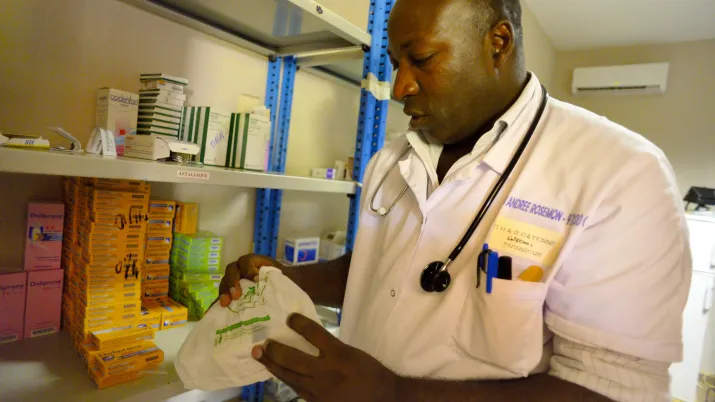
The complex challenge of building a home loans market in Ghana
Inadequate real-estate supply and the absence of a deep capital market have hampered the development of the home loans market in Ghana. The rapid success of Ghana Home Loans, which now provides nearly...
Published on

Regulated rental sector can meet the urban housing challenge
Governments in developing countries have rightly promoted homeownership as a way of alleviating poverty. But, faced with rapid population growth and the prospect of millions ending up in slums, they m...
Published on
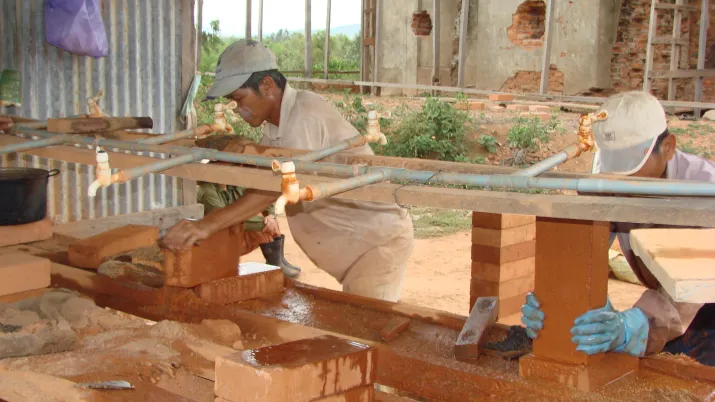
A new generation of real-estate developers focusing on low-income housing
Developers who want to enter India's affordable housing market face many obstacles. But with an estimated market value of USD 245 billion, the sector is attracting growing interest. Tata Housing, one...
Published on


